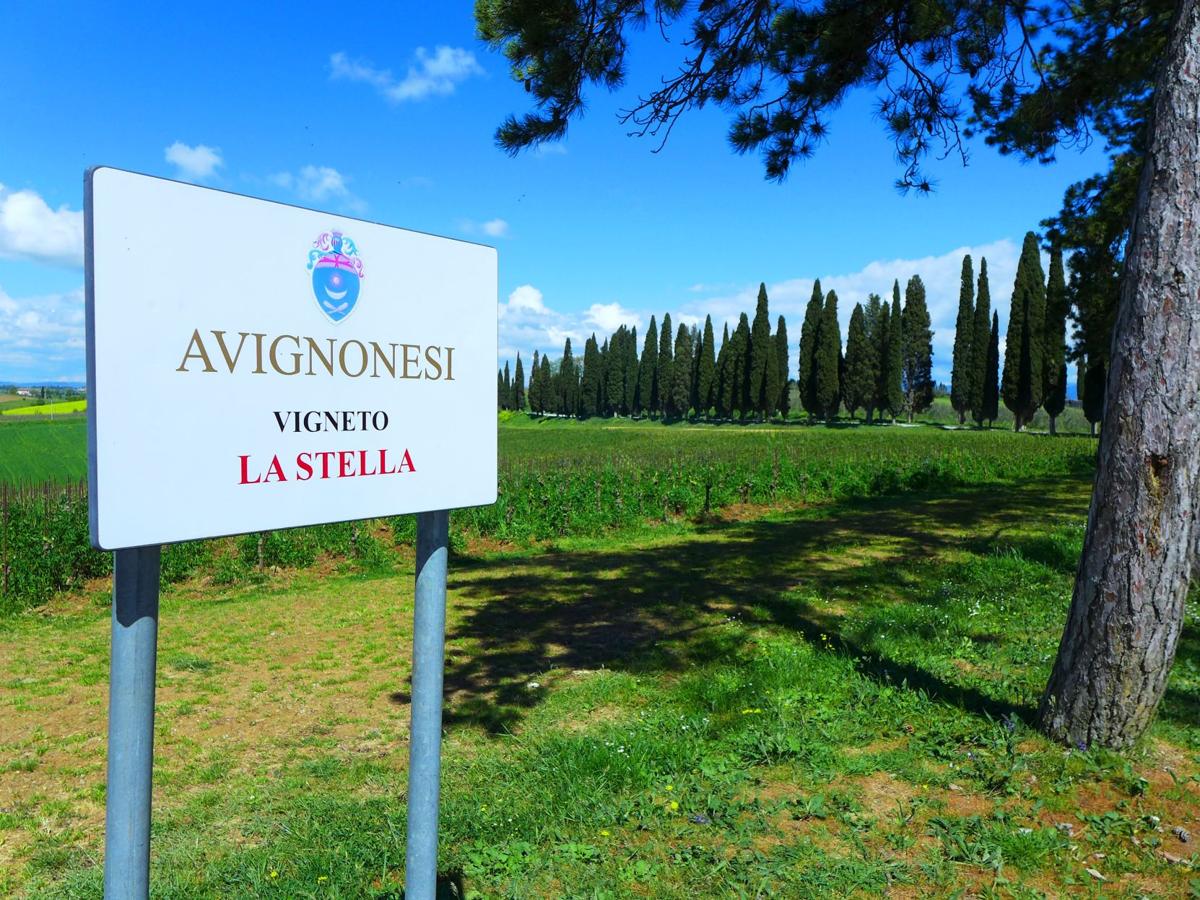Over the last several years there has been increasing interest in produce and food products that have been grown by organic and environmentally friendly methods. The wine world is not immune to this interest and wines crafted through sustainable practices or from organically grown grapes are taking up more space on wine store shelves.
One offshoot of this organic movement is the practice of biodynamic farming. Developed in the 1920s by Austrian philosopher and scientist Rudolph Steiner, biodynamics sees farms holistically as a living, self-sustaining system that responds to patterns of lunar and cosmic rhythms. This methodology, while possessing a distinctly cosmological or spiritual element, relies heavily on composting and the application of nine homeopathic dilutions, which are made from natural products such as yarrow, chamomile, dandelion and valerian flowers, oak bark and stinging nettle. These preparations are applied to the soil, or in certain instances directly to the plants according to the timings set out in the biodynamic calendar.
By rejecting inorganic fertilizers and synthetic pesticides, the primary goal of biodynamic farmers is to improve the health of the soil by establishing an active microbial population. Advocates of this philosophy point to a significant difference in the vigor and health of the plants and fruit compared to fields where synthetic, industrial practices are used. While some practices of strict biodynamic farming are often viewed with skepticism as spiritual ritual with doubtful practical value, the end result is often healthier crops. Typically, those biodynamic growers who also produce their own wine are less likely to make significant use of chemical additives and other manipulative practices often employed by wineries that produce in bulk quantities.
My personal experience, having visited a number of wineries that embrace the biodynamic philosophy, is that the growers possess a fervent passion for this method and a nurturing connection with their vines. The wines possess a complexity with precise flavor components and are typically very well balanced. Whether or not you subscribe to the idea that biodynamics creates a “unique harmony between the soil and crops,” it is difficult to argue that the practitioners are good stewards of the environment and, more often than not, make terrific wine.
In the Tucson area you may have to scour the shelves to find wines produced from biodynamic grapes. Your best bet is to seek the assistance of a knowledgeable salesperson in your specialty wine store or do a little online research first. A few wineries that ascribe to biodynamic practices and produce solid wines are: Avignonesi (Montepulciano, Italy); Beckmen (Los Olivos, CA); Bonny Doon (Santa Cruz Mountains, CA); Michel Chapoutier (Rhône Valley, France) and Domaine Zind-Humbrecht (Alsace, France).
Salute!
Tom Oetinger holds an advanced certification in wine & spirits from the WSET in London, England and is available to answer your wine questions at tjo1913@gmail.com




